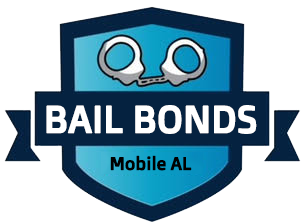
Arrests for minors tend to be done with a very different purpose and result than that of adults. When law enforcement arrests an adult it is to take a threat temporarily out of society and bring them to justice if the courts deem them guilty. With juveniles, however, in more minor cases, law enforcement will tend to use a lighter hand and try to make it more of a teaching moment than necessarily about punishment. Here are the main differences.
Detainment is the last option
When most people commit a crime, they typically are arrested and brought to jail until they have a bond hearing and pay to be released. With minors, however, in many cases, law enforcement will simply either take them to their home and speak with their parents or take them to the local precinct where their parents will need to come in and they can be released into the custody of their guardians. In more severe cases where people are harmed, or if there is no guardian that can take responsibility for the minor, then law enforcement will most likely take them to a juvenile detention facility until they can be seen by a judge. In normal situations with adults, it can take up to 48 hours for a bond hearing to happen but the timeline is often much faster in juvenile cases as well. The reason for all this comes from the belief that minors are not yet set on a trajectory of consistent run-ins with the law and that they may not fully grasp the mistakes they have made yet. The courts want to give them the benefit of the doubt to hopefully keep them from becoming repeat offenders and it is felt that this is best done by placing them back into the custody of their guardians.
You cannot use a bail bond for minors
Another reason why law enforcement focuses more on getting juveniles back home with their parents is that there is actually no bond system in place for juveniles because it is illegal to charge minors for the option of release. The only time that this is not the case, however, is when the juvenile is being charged as an adult which means that a bond will be an available option and they will be treated as an adult for all intents and purposes in the eye of the court.
To sum up, when it comes to juveniles in the court system, there tend to be fewer gray areas than adults. They will either be treated with a gentler approach as they are yet too young to truly realize the consequences of their actions and there is still time to keep them going down this path or the charges get ramped up to adult status where they will be growing up a bit quicker than expected.



